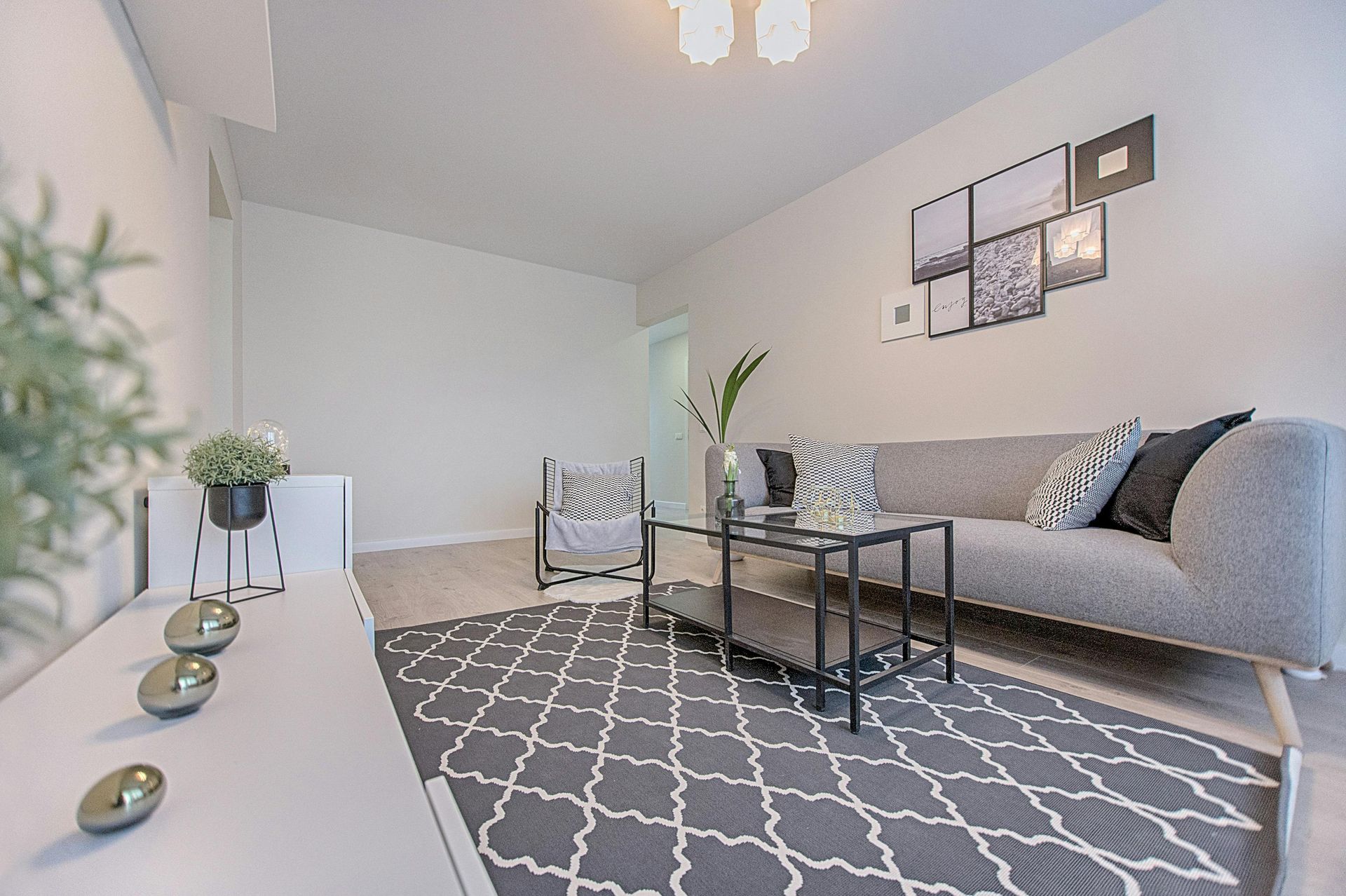Navigating the Auckland Rental Market During the Busy Summer Months
The Auckland rental market traditionally experiences a surge in activity during January and early February, making it the busiest time of the year for tenancy movements. With tenants gearing up for the year ahead, this period brings unique opportunities and challenges for both renters and property owners. Here’s what to expect and how to navigate the rental landscape during this bustling season.
Why is Summer So Busy?
Several factors contribute to the heightened activity in the rental market during this time:
- School Zones and Education Planning
Families often prioritise school zones when deciding where to live. January is the ideal time for parents to secure rental properties close to desirable schools before the academic year begins. Auckland’s high-demand zones, such as those near Auckland Grammar or Epsom Girls' Grammar School, see increased competition as families seek to position their children for educational success. - Job Changes and Relocations
The new year often brings new job opportunities. Many tenants relocate closer to their workplaces to reduce commute times and improve work-life balance. Auckland’s bustling job hubs, such as the CBD, Albany, and Manukau, see increased demand for rental properties during this period. - Summer Weather and Lifestyle Choices
The warm summer months inspire tenants to reassess their living situations. Whether it’s upgrading to a home with outdoor spaces or moving closer to Auckland’s beaches, the season encourages change. The improved weather also makes moving house a more appealing prospect. - Market Turnover and Property Availability
With so many tenants moving, landlords often list properties during this time, increasing availability. This higher turnover benefits tenants, offering a wider range of properties to choose from, but also increases competition for the most desirable homes.

What This Means for Tenants
For tenants, the summer surge presents both opportunities and challenges. With more properties on the market, there’s a better chance of finding a home that ticks all the boxes—be it school zones, proximity to work, or outdoor amenities. However, increased competition means tenants should be proactive and prepared:
- Act Quickly: Quality rentals in sought-after areas can be snapped up within days. Have your references and financial documents ready to go.
- Understand Your Priorities: Determine your must-haves, such as location, school zones, or parking, and focus your search accordingly.
- Negotiate Smartly: If you’re considering a long-term lease, some landlords may be open to slight reductions in rent or including additional perks.
What This Means for Landlords
For landlords, this is an excellent time to showcase properties. With high demand, well-maintained homes can attract quality tenants and achieve strong rental returns. To stand out in the competitive market:
- Highlight Key Features: Market your property’s proximity to schools, workplaces, or lifestyle benefits like beaches and parks.
- Set Competitive Rent: While demand is high, tenants have choices. Research the market to set a rent that balances profitability and attractiveness.
- Enhance Property Appeal: Summer is the perfect time to ensure outdoor spaces are inviting and properties are presented in their best light.
Rental Trends to Watch
The Auckland rental market remains dynamic. Data from Trade Me Property shows January and February typically see a spike in rental searches. In 2024, the median rent across Auckland is expected to remain stable, with areas like Manurewa, Papatoetoe, and Te Atatū showing strong tenant interest. Properties in these suburbs that cater to family needs and commuter convenience will likely perform well.
The busy summer rental season in Auckland is a time of opportunity for both tenants and landlords. Whether you’re looking for a new home or the perfect tenant, preparation and understanding the market trends will help you succeed. For tenants, being organised and ready to act is crucial. For landlords, showcasing your property’s unique features can help secure quality tenants quickly.
As the summer months approach, keep an eye on the market, stay informed, and make the most of this bustling season in Auckland’s rental landscape.
Stay safe and stay connected.











